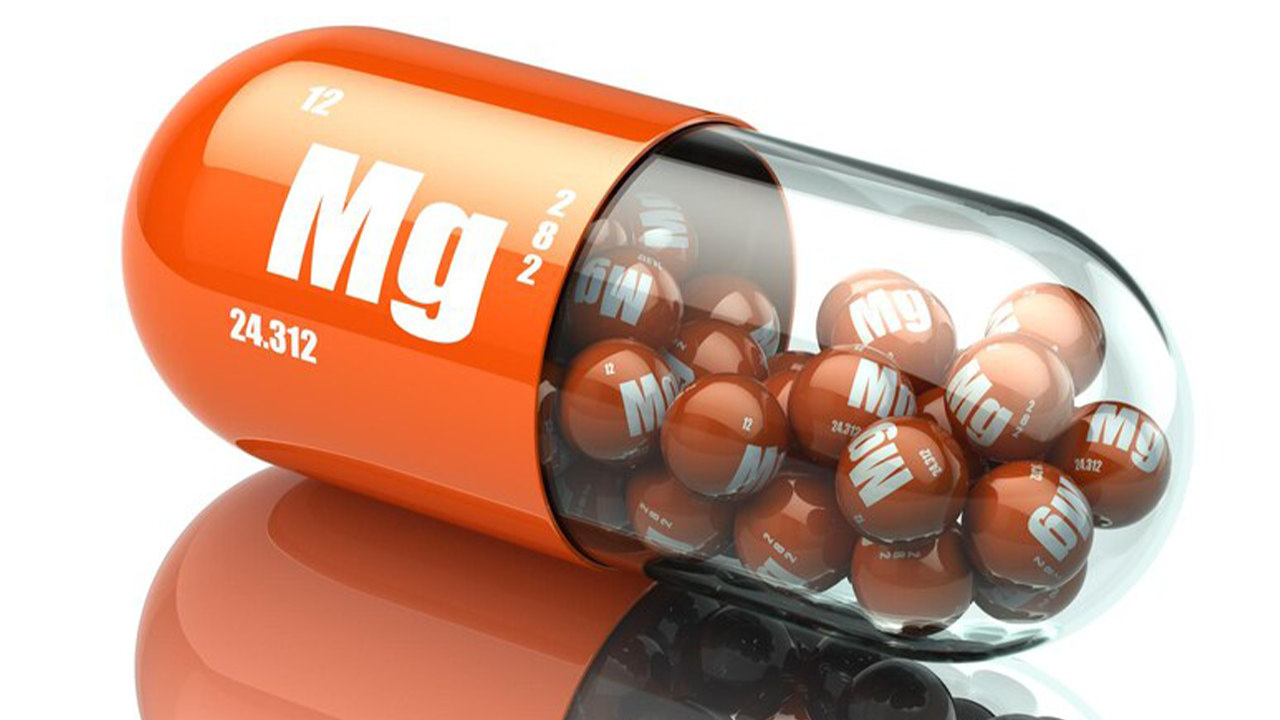Using Magnesium For Heart Palpitations: Are you familiar with the pulsating sensation of palpitations disrupting your peace? Don't fret! In today's discussion, we aim to shed light on the role of magnesium in easing these cardiac conundrums. You may be curious about how long it takes for magnesium to work for heart palpitations. Bear with us as we untangle this riddle, but first, let's burrow into the heart of this matter.

OPA Heart
The #1 CoQ10 for Heart Health
The Magnesium Miracle - A Cardiac Conundrum?

As we delve into the world of heart health, the significance of magnesium becomes evident. It's not just an ordinary mineral; it's a veritable superstar in the realm of cardiovascular wellness. Acting as a watchful guardian, magnesium diligently ensures the rhythm of our heart remains on beat, synchronizing with the myriad demands of our bodies.
In this modern, fast-paced world, heart health is of paramount importance. Numerous lifestyle factors contribute to irregular heart rhythms, often leading to uncomfortable palpitations. Here's where our star player, magnesium, steps up to the plate. Akin to a maestro conducting an orchestra, it carefully navigates the rhythm of our hearts, ensuring each beat is perfectly in sync with the symphony of our bodily functions.
Using Magnesium For Heart Palpitations – The Unsung Hero
Beyond the symphony of our heartbeat, magnesium plays a crucial role in over 300 metabolic reactions. It's involved in various functions, from energy production to protein synthesis, and neurotransmission to muscular contraction. Magnesium is truly the unsung hero of our physiological processes. Among its multitude of responsibilities, it holds a significant role in maintaining the regular rhythm of our heart. It’s the backbone of a healthy heartbeat, the unsung hero always at the ready, ensuring the melody of our heart's rhythm never misses a beat.
Exploring Different Types of Magnesium

Similar to a chameleon, magnesium has multiple forms, each with its unique characteristics and health benefits. Considering our focus on heart health, one question arises: What type of magnesium is best for your heart?
The Magnesium Masterpiece
While there are several variants of magnesium, Magnesium Taurate and Magnesium Glycinate often steal the spotlight when it comes to heart health. Magnesium Taurate, with its cardiovascular benefits, is often recommended for individuals with heart-related concerns. On the other hand, Magnesium Glycinate, known for its high absorption rate and gentle effect on the digestive system, is often the preferred choice for general health.
However, it's essential to remember that every individual is unique, with specific health requirements and responses to supplements. Therefore, it's always crucial to consult a healthcare professional or a registered dietitian before incorporating new supplements into your routine.
Heart Rate and the Magnesium Magic

You're likely wondering, "Does magnesium improve heart rate?" The short answer is, indeed, yes. Similar to a skilled horse rider, magnesium has a subtle yet powerful influence on our heart rate, helping to maintain a steady, healthy pace.
Calming the Cardiovascular Chaos
Magnesium is like the calm after a storm. When your heart rate is tumultuous, magnesium works to restore order, acting as a natural calcium blocker to help your heart muscles relax and maintain a steady rhythm. Think of it as a pacifying force that mitigates cardiovascular chaos, allowing your heart to beat with ease and consistency.
Understanding Heart Problems and Magnesium

Now comes an important inquiry: "Is magnesium good for heart problems?" Well, magnesium may not be a magic wand that instantly eradicates heart issues, but it certainly plays a vital role in maintaining cardiovascular health.
Beating Heart Battles
While magnesium can't wipe out heart problems single-handedly, it undoubtedly stands as a formidable ally in combating cardiac complications. Regular intake of magnesium contributes to overall cardiovascular health, providing a protective shield against rhythm disorders and other heart-related conditions.
Summary
As we conclude our heart-rhythmic revelations, it's essential to remember that like all good things in life, the benefits of magnesium on heart palpitations don't come overnight. It's not a sprint; it's a marathon when it comes to understanding how long it takes for magnesium to work for heart palpitations. Patience is the key here, and trust us, your heart's harmony is certainly worth the wait.
Frequently Asked Questions
The impact of magnesium on heart palpitations can vary depending on several individual factors, including overall health status, age, diet, and lifestyle. Generally speaking, one might start to notice a difference within a week or two of consistent supplementation. However, it's crucial to remember that these are broad guidelines and that individual experiences may vary.
When it comes to heart health, Magnesium Taurate and Magnesium Glycinate are often touted as the best types of magnesium. Magnesium Taurate is known for its cardiovascular benefits, while Magnesium Glycinate boasts a high absorption rate and is gentle on the stomach, making it a suitable choice for many individuals.
Yes, indeed. Magnesium plays a critical role in heart rhythm regulation. With regular and consistent supplementation, magnesium can lead to improved heart rate over time. It's like a well-tuned instrument, helping to keep the rhythm of your heart on beat.
Magnesium is not a cure-all for heart issues, but it plays a significant role in maintaining heart rhythm, which can be beneficial for those dealing with certain types of heart conditions. Regular magnesium intake can help manage symptoms and improve overall cardiovascular health.
Yes, magnesium is good for your heart. It's a key player in maintaining cardiovascular health. It's like the oil in a well-oiled machine, helping to ensure all parts (in this case, our heart and blood vessels) function smoothly and optimally. So, while it might not fix every heart problem, it's certainly a substantial ally in the pursuit of a healthy heart.







